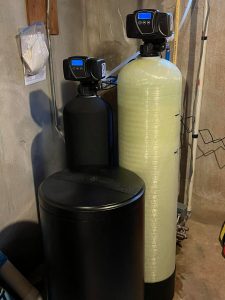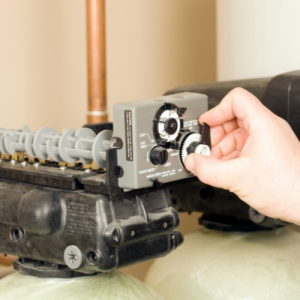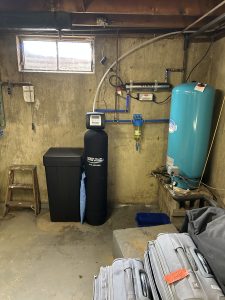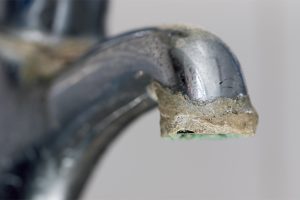It’s all water right? You’d be surprised. Water conditioning and water softening are crucial parts of the water treatment process. When deciding between water conditioning or water softening, it’s important to understand the process’ functions and that they produce different results.
Water Softening

Water conditioning
Water conditioning’s main purpose is to address the three major issues in most water sources – limescale, bacteria, and algae. Water conditioning reduces the buildup of these components in your water while also removing additional chemicals and wasting less water.
By definition, conditioning means to train, accustom, or bring something into a desired state for use. It’s a process done over time instead of an immediate, one-time fix. A water conditioning system does exactly this, changing the chemistry of hardness particles during and for a certain amount of time. While limescale, bacteria, and algae don’t sound like a health risk, water could also contain chemical contaminants such as petroleum, pesticides, and solvents – all easily cleaned by a water conditioning and filtration system.
By using water conditioning through a water filtration system, you and your family can enjoy cleaner, healthier, better tasting water throughout the home. At Lehigh Valley Water Systems, we use a Filter Prep water filtration system to protect your appliances, plumbing, and water heater by reducing sediment, sand, or rust while keeping your drinking water free of iron and sulfur tastes as well as bad odors 24 hours a day. We also offer state of the art Ultraviolet (UV) purification.




